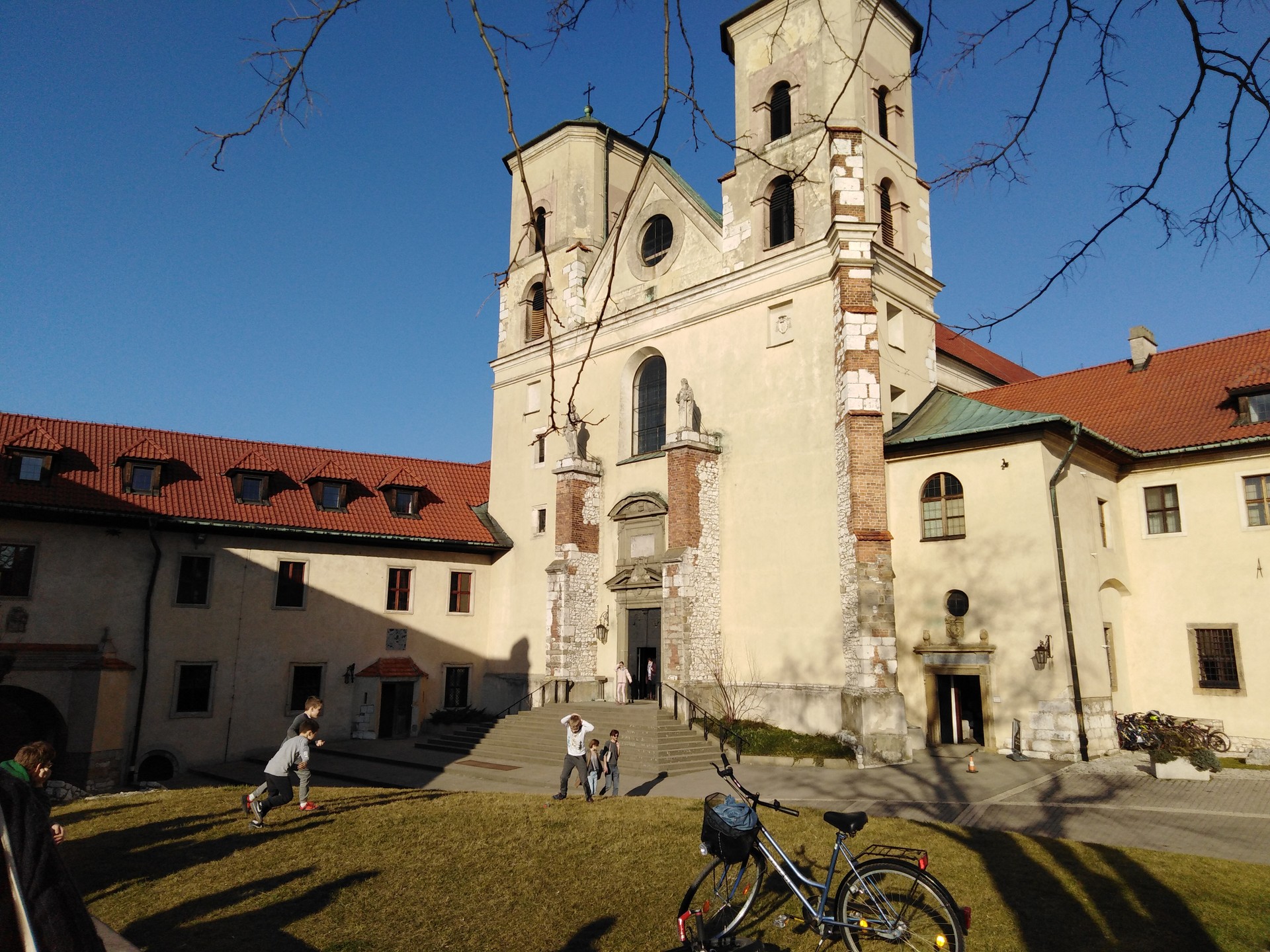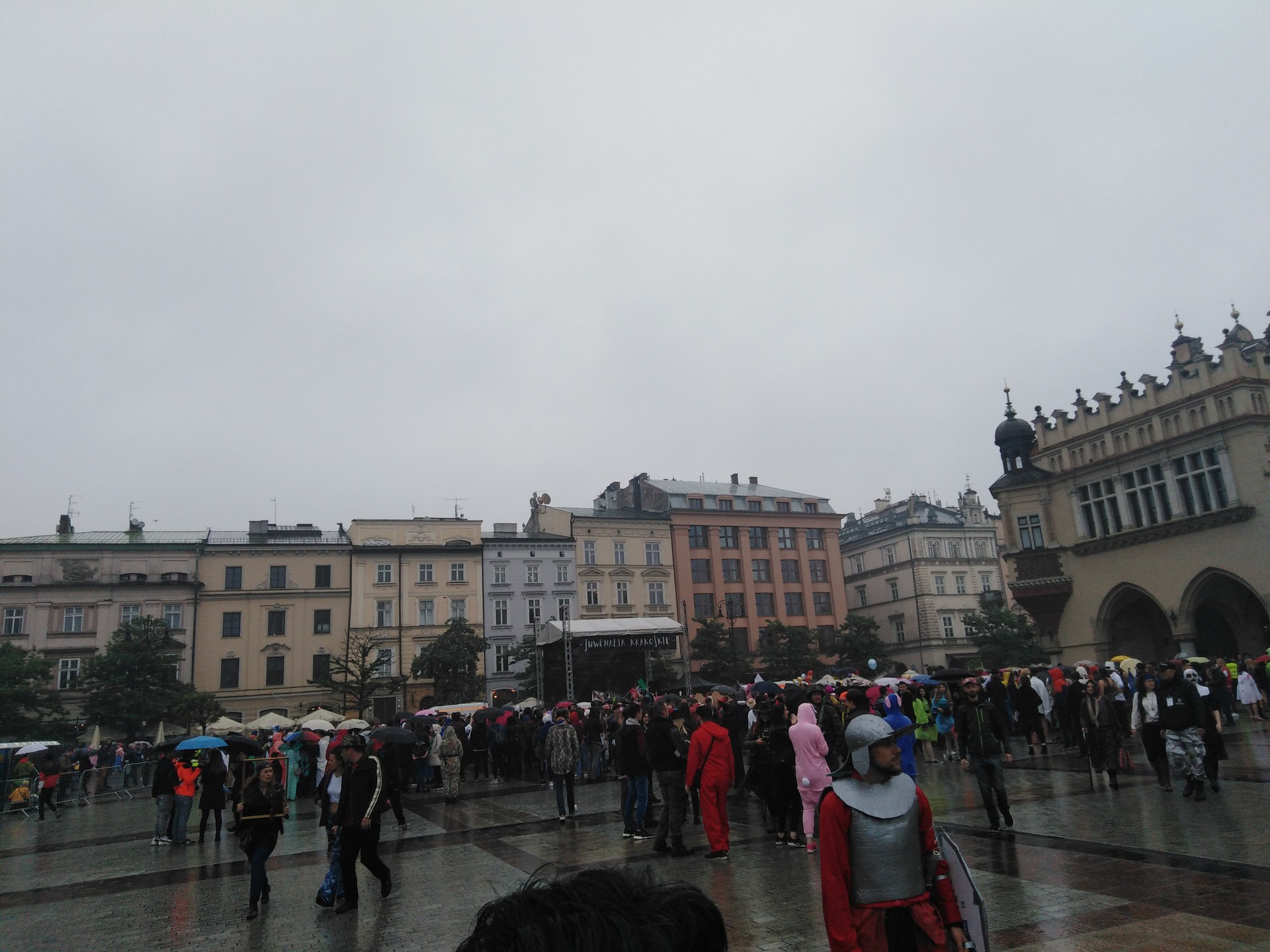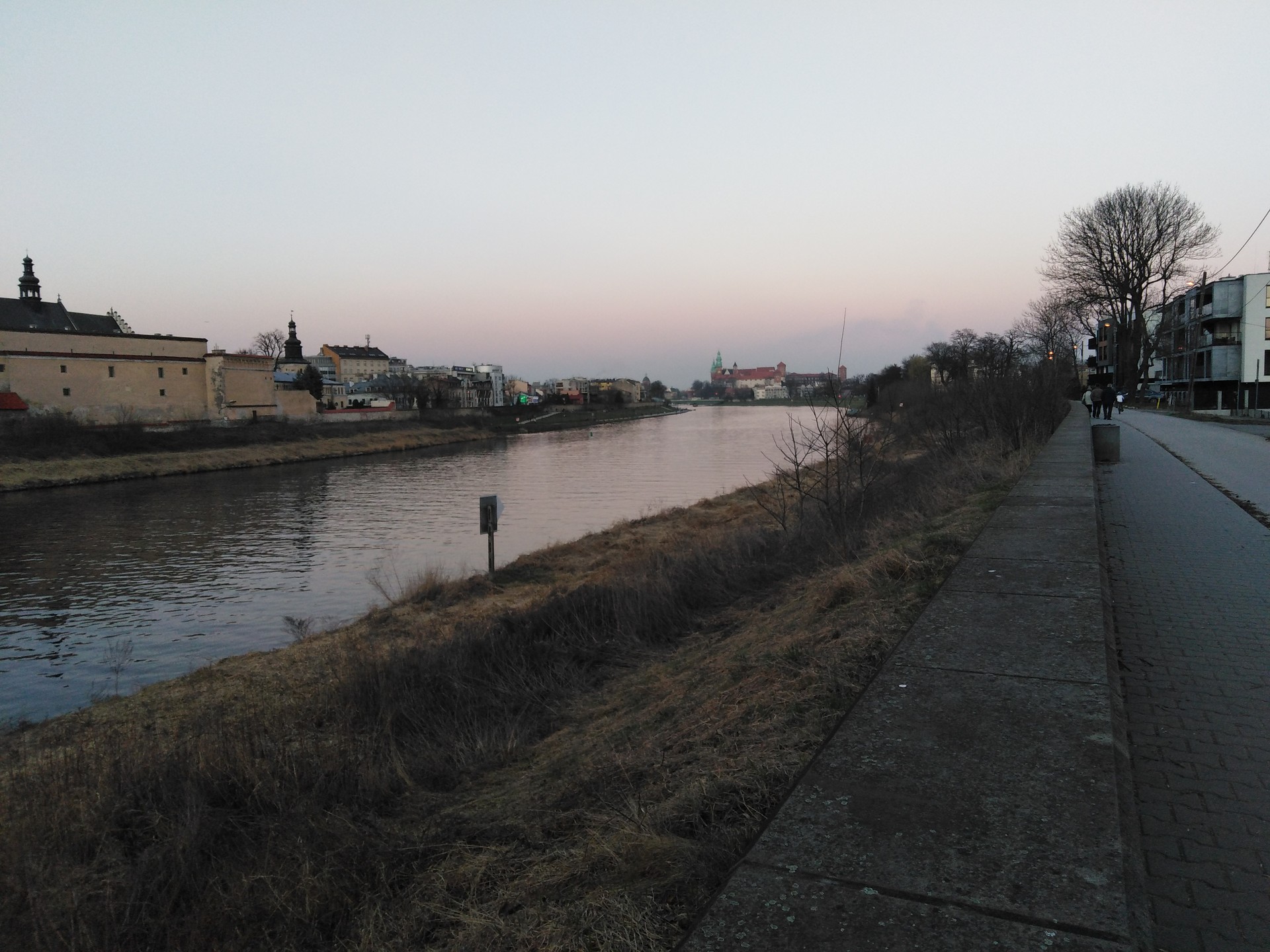What do you need to go on Erasmus?
In this post I'm going to try to shed a bit of light on the procedures you have to do before, during and after Erasmus for people who want to go in the next few years or are already on Erasmus and need to help with a certain aspect.
It could be that you're lucky and your home and/or destination coordinators are great and help you loads with everything you need, but it could also be the case, like me, that they don't answer any emails, give you the wrong information and you have to find the answers yourself.
Above all, to make clear, the most important thing is having plenty of patience because at the end of the day everything has a solution and in one way or another you'll get what you need, whether before or after. It's also well worth these nervous moments, because it's going to be the best experience you ever have and the one from which you'll learn the most and will change you as a person.
Also I have to say that I speak from my personal experience from the University of Cordoba with the University of Krakow as destination, and although there will be many aspects that are the same between different universities, some things may be different.
Before going on Erasmus
The first thing you have to do before going on Erasmus is attend the meetings that your university organises, normally they begin in December, depending on where you are. They will contact you via your student email to give you the date and time. In these meetings they inform you of all the steps you must follow, possible destinations and how you can get information on them.
From there, I recommend that you research information about the different universities that your university offer as a destination, and in addition to that, information about the destination itself, given that it'll be your home for 4 or 9 months, depending on the time you go, and even better if it's an interesting, big-enough place, from my point of view.
Once you've got the order of preference for your potential destinations clear, you have to fill out your Erasmus application, where you'll put the destinations in order of preference. The destination to which you'll be assigned will depend on the points you get. The points you receive are dependent on the credits you have, your grades and your level of language. First, non-final lists will be created so that you can make claims in a period of time until the final lists are published.
Once you have your assigned destination, the paperwork starts. The first thing you'll have to do is accept the place- very important. The second step is the Learning Agreement, where you'll select the subjects you will take at the destination university to make up the credits for your year missed at your home university. Honestly don't spend ages looking for subjects because once you're at your destination you'll have to change the majority of them to fit your schedule, either because you don't like them or because they don't offer them. I changed almost all of mine in the end, and there wasn't an issue.
Once you've finalised the learning agreement, they'll have to accept it from your university, along with the teaching guidelines that you attach to the document, so they can check that at least they somewhat match your degree, although like I've said you'll probably have to change the majority of them at the end.
At this point you'll also have to fill out and upload the paperwork to your university platform or physically take your insurance, declaration for your grant and Erasmus place acceptance etc. to the secretary (depending on the location or document).
Before going on Erasmus, when you apply for the grant, you'll have to do an exam to gauge your language level depending on the language they speak in the country you've selected. The grade isn't relevant but it's important to do it to receive the grant.
The quantity of money you'll receive via the Eramsus grant depends on the destination you've been assigned, if you have a certificate of level of language and whether or not you were a beneficiary last year of the State Scholarship you receive from Spain (irrelevant for English students).
Make sure to complete everything and ask the secretary if you have any concerns at any point, but have everything sorted before you go.
During Erasmus
Once you get to your destination, you'll have to go to the Erasmus office and the International Relations office during the first few days to sign the Certificate of Arrival. This is really important because once signed, you'll have to send it to your coordinator so they forward it to the RRII Office of your home university so that they can deposit 70% of your grant. This grant will arrive during the second or third month of your stay so it's better to have a bit of money saved beforehand that you can live off during these first two months.
Also, depending on the university, they'll give you information on how you can get a student card and ESN card or Erasmus card. These cards will help you to receive discounts and reduced fares on methods of transport, they'll also be your method of identification as a student of your destination university.
When you arrive, you'll have to check to see if the timetable of your subjects is compatible, get clued up on the examination methods, the faculties you'll study in, the credits you can receive and whether you like them or not.
Each university has a different way of registering your subjects. In some, the Learning Agreement is sufficient but in the Unywersitet Jagiellonski in Krakow you need to register yourself. They do two registration rounds for Erasmus and local students and you'll have to be quick to register or you'll have to go back later to the secretary and from there speak to the teachers to see whether you can attend their subjects.
If your Erasmus is for two semesters, you'll have to do the same process when you start the second semester/summer semester.
The first week or two will depend on where you are, they usually do an Orientation Week, where you can attend different activities, parties, events and excursions, to start meeting other Erasmus students and places around the city.
In relation to the State Grant that you receive from Spain, you can also apply for this when you're in another country. You'll receive emails from your university to inform you about places and this will be complimentary to what you receive through Erasmus.
Keep in mind that all the changes that you make in the Learning Agreement will have to be reflected in the section 'During the Mobility, where you'll put the changes in subject and credits you've done. Once you've finalised it, your university coordinator at your destination and home university will have to sign it. After, keep it save.
After Erasmus
In your final days on Erasmus, even though you'll be in drama mode because you have to go, you'll also have to sign the Certificate of Stay at the Erasmus office or International Relations office at your destination university, where they'll put the date they signed the Certificate of Arrival and then the date that they're signing this one. This certificate will have to be handed to the secretary of your home university by hand to receive the other part (the remaining 30%) of your Erasmus grant.
As well, you'll have to print a certificate of your grades that you obtained in the individual subjects, Transcript of Records, and they'll have to sign and seal it in the same office to then hand to your home university secretary, you get the marks for the subjects for which you have been validated.
Recommendations
Have someplace safe where you keep all these documents and forms, as well as your language certificates and always keep it close to hand. As well as this, keep all the documents in a folder on your computer and on a pen drive too. It never hurts to keep copies of everything because you never know what may happen.
If you know someone that's been on Erasmus in the same place as you, ask them any questions. It could also be useful to do so with someone who has been on Erasmus somewhere else from your own university because the procedures before you leave will be the same. It's also good if you know someone that's also going in the same year as you given that you can remind each other about the processes and deadlines to do them.
Do everything as soon as possible so time remains to change things or present claims if any issue occurs. What's more, you'll be less stressed.
Is Krakow and the Jagellonion University a good destination to go on Erasmus?
Honestly I couldn't imagine a better place. The issues I've had were quite quickly resolved at this uni and they've been quite attentive to Erasmus students. The coordinator also responded to any email of mine really quickly and signed everything with no issue.
The facilities are incredible and the quality of teaching is pretty good, they have classes in English for those students who have a low level of the language of the country in which you're studying. Additionally, the Erasmus organisers offer loads of activities, events and excursions that are really fun during the course, either for free or really cheap.
Krakow is a beautiful city and has a lot to offer students, it's fairly big and has places for all people and tastes. It's also a really safe and peaceful city despite having lots of parties and atmosphere.






Photo gallery
Content available in other languages
Want to have your own Erasmus blog?
If you are experiencing living abroad, you're an avid traveller or want to promote the city where you live... create your own blog and share your adventures!
I want to create my Erasmus blog! →









Comments (0 comments)